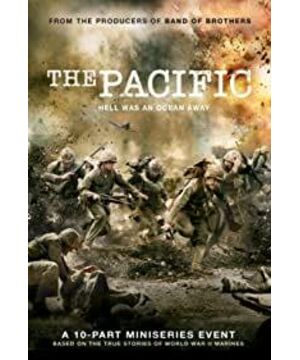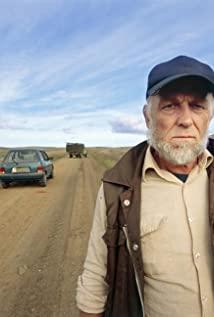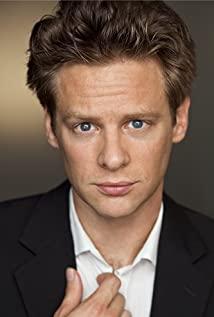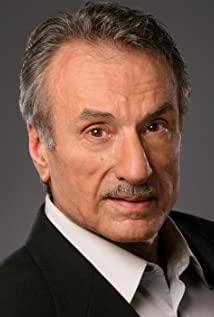It is undoubtedly the most wise to describe war-themed film and television dramas from the following perspectives: that is, the destruction of human nature by war, and the destruction of civilization by war. We won't discuss a god-like existence like Desmond for now.
The scene in "Brother" in which Winters rushes alone on the causeway and kills the smiling young man is undoubtedly the most impressive scene in the show; however, as the background of the story, it is set in the Western Front film, which also shows things such as The striking contrast of German musicians playing in harmony among the rubble, German prisoners of war marching with their heads held high, suffocating death camps and picturesque Austrian scenery also reveals the destruction of human civilization by war. Of course, human civilization is also created by human nature.
The background of the story of "Tai" is set in the Pacific Ocean to seize the island. There is no civilization here, and there is nothing to destroy from the beginning, so it becomes impossible to create contrast through the method in "Brother". Just as the background of Ultraman's fight against the little monsters is set in a small Nantai island where birds don't shit, there is no destruction of Tokyo, and naturally there is no worry that people will be wiped out of all civilized things in front of them. I think this is a natural difficulty encountered in the creation of "Tai" drama, but it also achieves the unique style of "Tai" drama itself.
In the film, a lot of space is devoted to the state of the protagonists in their hometowns or when they are resting in the rear. Many people also complain about the rhythm and laxity, but I personally like it very much, especially the Melbourne part. To be honest, the lives of American Australians in the 1940s were actually closer to the lives of most Chinese audiences today than the lives of Chinese people in the 1940s. After all, today we all drink Coca-Cola (Pepsi???), eat ice cream and fried chicken, and watch Marvel (DC) movies growing up. The streets are full of cars, and people rush to pursue what they want happy life, a chaotic and prosperous scene everywhere. Muddy deserted islands in the Pacific Ocean, wet night battles, corpses with maggots... When such shots are compared with scenes that are very similar to our daily lives, it is like a parallel world that appeared out of thin air, but this world did exist. Maybe this kind of shock is even more shocking to the Chinese audience than "Brother"?
In the Second World War, the Far East battlefield and the Taiping battlefield were the two battlefields with the lowest degree of civilization and no less cruelty than the battlefield on the Eastern Front. Like two wrestlers who don't have to abide by any rules, biting each other in the quagmire, not to mention that there is a civilian between them.
While there is no apprehension about the destruction of the symbols of civilization, that distant and real copy of hell still reminds us of the cruelty of war. This is "The Pacific".
Veterans wither, but memories remain. These are stored in published memoirs, on documentary film, or on the network drives of major companies. Yet we have nothing. In time, when all the witnesses of the Second World War have passed away, when the Second World War becomes as far away as the First World War (the distance between two AO Smiths), at that time, the drama will ascend to the Frozen Throne and unify the land of China. Long live !
Shuichui, I love you, compare my heart.
View more about The Pacific reviews











